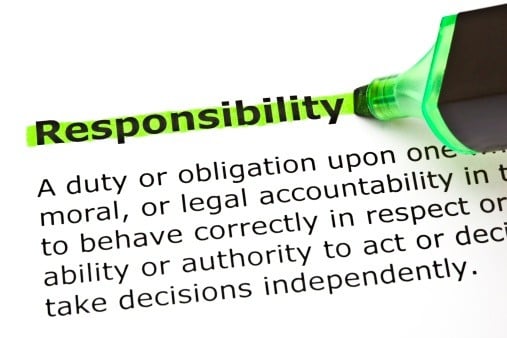 You and your neighbors who have volunteered and been elected to serve on the HOA board are responsible for making critical decisions on the Association's behalf about managing the community and Association funds.
You and your neighbors who have volunteered and been elected to serve on the HOA board are responsible for making critical decisions on the Association's behalf about managing the community and Association funds.
Your homeowner's association community is more than just a neighborhood. In many ways, it’s a lot like a business. Collectively, the regular assessments that each homeowner pays amounts to tens of thousands of dollars that need to be budgeted carefully and spent wisely.
There are many responsibilities that board members take on when they volunteer for the Board. This should never be taken lightly or be forgotten.
Here are a few basic responsibilities that an HOA board member is accountable for when serving on your association's board:
1. Reserve Fund Planning
Your board develops long-range plans - like when the parking lot will need to be repaved or the clubhouse roof that needs to be replaced – for the parts of the community that are shared property. The board must set aside funds so that these types of projects can be accomplished on schedule or even ahead of schedule in the event there's an unexpected breakdown.2. Contracting with Vendors
Boards are also responsible for sending out requests for bids and contracts with vendors to do the work necessary to maintain the shared amenities in the association. Board members decide who will do the best job of replacing the roof at the best price or who will be the most reliable company to hire to mow the grass and remove dead tree limbs.The board’s decisions can have a significant impact on your community’s appearance and, consequently, on the property values within the association. Regardless of the board's professional manager, the board ultimately is responsible for overseeing association operations.
3. Being an Active Participant
Be sure to communicate with other HOA board members regularly, observe board meetings, attend annual meetings to elect other responsible board members, and to participate in the conversations about significant community issues. A member who is an active participant, and not just an observer in their homeowner’s association, is beneficial to all within the community.
Ultimately, the board is responsible to enhance, maintain and protect the homeowner's association. There are many moving pieces and parts involved that, with the help of a manager, can seem much less overwhelming and much more manageable.

.jpg)








